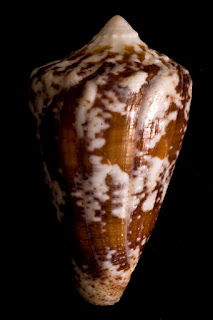In the United States, we are in desperate need of opioid alternatives when it comes to the treatment of pain. It is fair to say that the problems we face with opioid addiction today, would not be so severe if opioid painkillers were not so effective. Calls to look for alternative forms of pain management have been loud in recent years, yet physicians may be scratching their heads about what to prescribe instead. Unfortunately, many pain sufferers do not respond to meditation and acupuncture. And frankly, severe pain can require the use of powerful opioids.
Those tasked with developing opioid alternatives for pain relief are researchers at any one of a number of colleges/universities around the country. But effective research requires large teams working thousands of hours. The point being, finding opioid alternatives could take years to accomplish—when we need solutions now. Nevertheless, researchers trudge sedulously to find such alternatives, sometimes looking for answers in the strangest of places.
A number of medications currently used today have their origins in the tropical rain forests of the world. But when it comes to pain management, new options may be residing in the deep blue sea. Meet Conus regius, a species of sea snail that is both predatory and venomous.
 |
|
| Conus regius (Credit: Zsnapper) |
Researchers at the University of Utah have isolated a compound from the snail’s venom that acts on a pain pathway different from the pathway targeted by opioid painkillers, GEN reports. The compound, RgIA4, was successful at blocking alpha9alpha10 nicotinic acetylcholine receptors (nAChR) pain pathway receptors in rodent models. The research was published online in the Proceedings of the National Academy of Science.
“RgIA4 works by an entirely new pathway, which opens the door for new opportunities to treat pain,” said J. Michael McIntosh, M.D., professor of psychiatry at the University of Utah Health Sciences. “We feel that drugs that work by this pathway may reduce the burden of opioid use.”
The Conus regius sea snail could be vital for the development of new painkillers that do not carry the same risks as opioids. What’s more, while RgIA4 works its way through the body in only 4 hours, the pain-relieving effects of the compound were still working 72 hours after the injection, according to the article. Dr. McIntosh points out that the majority of painkillers used today are not sufficient in addressing chronic pain. Better alternatives may be found in the ocean. Really exciting stuff.
“Nature has evolved molecules that are extremely sophisticated and can have unexpected applications,” says Baldomera Olivera, Ph.D., professor in biology at the University of Utah. “We were interested in using venoms to understand different pathways in the nervous system.”

